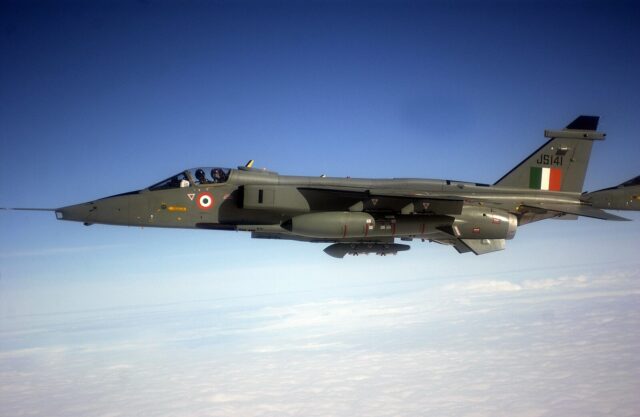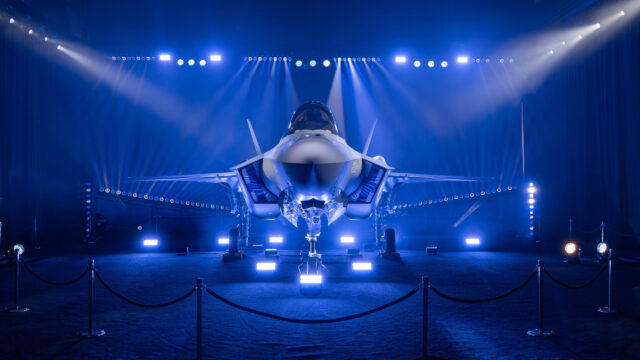US sanctions block Bangladesh Police’s Russian Mi-17 helicopter delivery

August 22, 2025

The Bangladesh Police purchased two JSC Russian Helicopters MI-171A2 ‘Hip’ helicopters in November 2021, but have been unable to receive them in the country due to fears of drawing the ire of the United States.
The US sanctions any country purchasing advanced Russian military equipment without a waiver.
Why Bangladesh can’t receive two Russian police helicopters
As the Bangladeshi website Prothom Alo reported, the Awami League government had purchased two helicopters from Russia worth Tk 4 billion ($32.7 million) in 2021.
Bangladesh has already paid Tk 2.98 billion ($25 million) for the choppers, but is now facing a struggle to import them. Under the Countering America’s Adversaries Through Sanctions Act (CAATSA), any “significant transaction” with Russian defence or intelligence entities can trigger secondary sanctions from the US.

The helicopters had been purchased to help police combat terrorism in remote areas. Making matters worse, these were built specifically for Bangladesh and can’t be supplied to another country.
Bangladesh faces the possibility of diplomatic tensions with the US if it takes delivery of the helicopters, but on the other hand would take a large financial loss if it were to cancel the order.
Prothom Alo stated that Bangladeshi authorities are looking for a diplomatic solution, asking for “the law ministry to review the terms and conditions of the agreement with Russia.”
The Bangladeshi government could appeal to the US for a waiver and highlight that the helicopters are for civil purposes. The US occasionally grants exemptions to its CAASTA Act, notably to India, allowing it to purchase Russian S-400 SAMs.
One helicopter had been expected to be delivered in February, and the second in April. For now, they are stored in a Russian warehouse, with Bangladesh footing the bill for storage and maintenance.
Bangladesh is caught in the middle of bigger geopolitics
Bangladesh enjoys friendly relations with both Russia and China, purchasing military equipment from both. It also wants to maintain friendly relations with the United States and other Western countries, although more expensive Western military equipment is generally less appealing.

Many Bangladeshis hold a positive view of Russia, particularly because of its role in building the country’s first nuclear power plant, a source of national pride. Yet this partnership has also attracted disapproval from the United States, leaving Bangladesh in a delicate position between two powerful partners.
Prothom Alo wrote, “In addition, Bangladesh is implementing the Rooppur Nuclear Power Plant project with Russian loans and technical assistance. This is the country’s largest project, and Bangladesh is also facing US sanctions in financial transactions related to it.”
US choked off most Russian helicopter and fighter jet exports
The US banned all countries from purchasing advanced Russian military equipment like fighter jets, helicopters, and SAMs with the passing of the CAASTA Act of 2017.
CAASTA directly led to a wave of cancellations, and Russia has struggled to export fighter jets and other equipment ever since. This has been made worse by the war in Ukraine. Belarus and Algeria are two of Russia’s few remaining loyal customers.

In 2022, the Philippines cancelled a deal to purchase 16 Russian Mi-17 transport helicopters despite making a down payment. Egypt and Indonesia cancelled orders to purchase Russian Su-35S fighter jets. Serbia also purchased French Rafales after it was assumed it would purchase Russian fighter jets.
It appears many other countries, like Vietnam, Malaysia, various African countries, and others, have been dissuaded from considering Russian equipment.
Meanwhile, Turkey chose to purchase the Russian S-400 system despite repeated American warnings. After the first F-35As had been built for Turkey and Turkey had made an initial $1.4 billion down payment, the US kicked Turkey out of the F-35 programme in 2019.
Turkey has been negotiating for readmission or at least to get its deposit back ever since. Turkish F-35s remain gathering dust in a US warehouse.
















